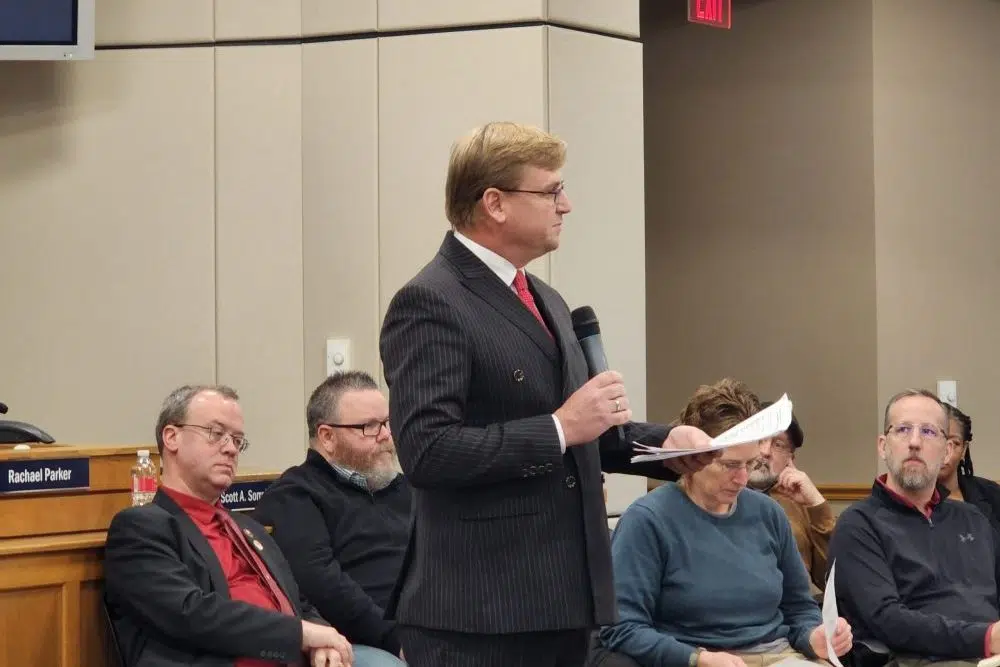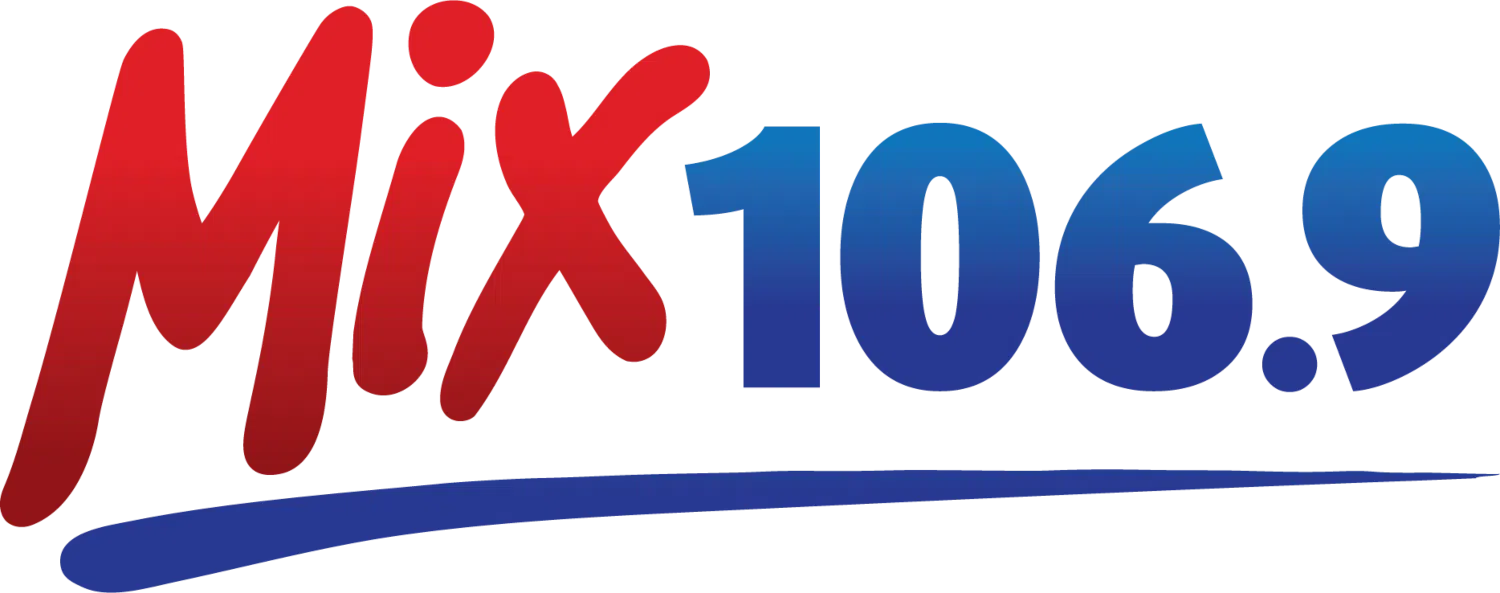PEORIA, Ill. – County clerks and housing authority leaders in Central Illinois are raising concerns about where money meant for rental housing assistance is going to.
Representatives from Peoria, Tazewell, Knox, LaSalle, Macon, and Champaign Counties voiced those concerns to state legislatures in a committee-style meeting at the Peoria County Courthouse on Tuesday.
The heart of the concerns come from the Rental Housing Support Program Surcharge. The program requires that counties collect $9 for each real-estate document recorded. The money raised from the program goes towards programs and grants in local areas to address affordable housing needs and rental programs. In the most recent lame duck session, that fee was approved double to $18 on July 1st. It also created a task force to help address recommendations to improve the program.
Tazewell County Clerk John Ackerman organized the meeting. He said it was important to meet face-to-face with legislators to explain what they see if the problem.
He said the biggest problem is that downstate is contributing, but not receiving much if anything back.
“We’re not seeing the grants being returned to, not just to Tazewell County, but counties throughout Central Illinois,” Ackerman said. “I think you heard that from every clerk that stood up; not receiving nothing from this, receiving nothing, or that it’s extraordinarily difficult to be able utilize. That’s what we need them to hear so that we can start to see some of that revenue to come back.”
Ackerman says that of the money raised, 70% goes to Chicago and Cook County, but that area only contributes about 36% of the total money raised.
From July 1st, 2020 to June 30th, 2021, the surcharge raised a total of $19,085,721 across the state. Peoria County contributed $249,543 while Tazewell raised $200,376.
One theme that developed in the meeting was that local leaders didn’t know where the money was going because they were unaware that the program exists or how to use the funds.
“So we question is it really being utilized. In Cook County and Chicago, we know it is and there’s a couple other pockets. But the vast overwhelming majority of the state of Illinois is seeing no benefit from this project, but is required to keep funding it. And as of July 1st, to double the amount of funding that they’re providing,” Ackerman said.
Another thing Ackerman would like to see changed with the program is giving downstate more freedoms in how they use the funds raised from the surcharge.
One of the legislators in attendance at the meeting was State Senator Dave Koehler (D-Peoria). He said there’s a lot of unanswered questions that need to be addressed, including who needs to apply for the funding and what kind of housing units and developments qualify.
Koehler said they’re looking to add more downstate representation on the task force to address problems in the program. But he would also like to see a bi-partisan Senate caucus to work with the task force.
“One is to make sure that the task force has enough representation to represent downstate communities. The other is to look at, as a legislative caucus for the downstate housing area, for us to look at what kind of changes might need going forward,” Koehler said.
Koehler said policy changes could also lead to new housing units and developments to create available housing to potentially reduce homeless in the area.








